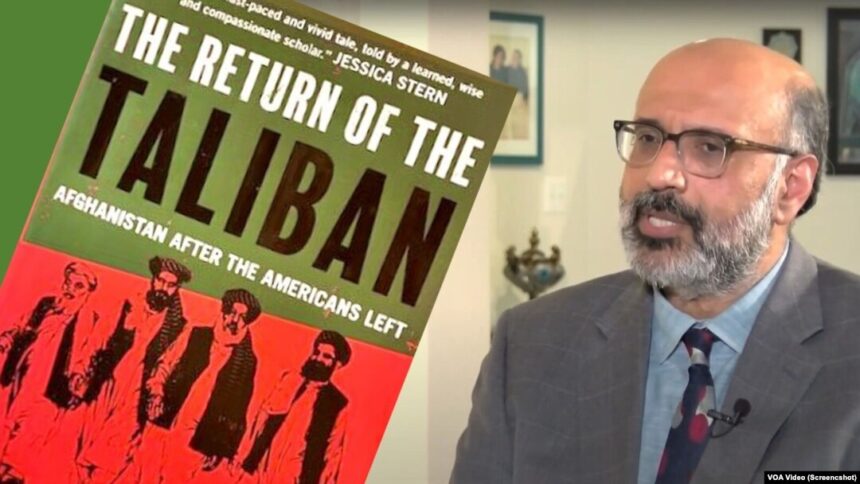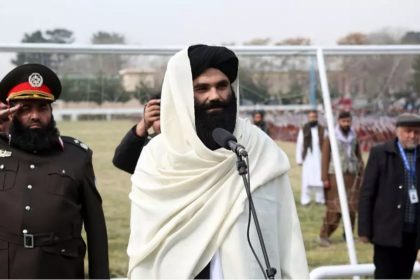RASC News Agency: Hassan Abbas, the author of “The Return of the Taliban”, asserts that Tehrik-i-Taliban Pakistan (TTP) has spiraled out of control in Khyber Pakhtunkhwa and that defeating this group through military action alone will be difficult. Abbas emphasized that the Afghanistani Taliban and TTP are, in essence, “two sides of the same coin.” Recently, Abbas stated that the Afghanistani and Pakistani Taliban are now “stronger and more coordinated than ever,” making it difficult to defeat the TTP through a single military operation.
According to Abbas, the Afghanistani Taliban supports the TTP, which has strengthened the latter. He reiterated that the Afghanistani and Pakistani Taliban are interlinked and mutually supportive. In a speech at the Pakistan Institute of International Affairs (PIIA) on Friday September 6, Abbas, who is now a professor at the U.S. National Defense University, underscored the importance of “engaging and dialoguing with the Afghanistani Taliban leadership” as, in his view, this could help in better understanding the Pakistani Taliban.
Abbas pointed out that the first iteration of the Taliban, led by Mullah Omar, lacked resources, organizational skills, military expertise, and political vision. The second iteration became more specialized in warfare, while the third and current group, now ruling Afghanistan, is “highly organized.” The author and academic noted that the current generation of the Taliban has a “sophisticated understanding of politics and maintains coordinated communication with the West.”
He went on to assert that the U.S. was instrumental in bringing this group to power and has provided temporary support. In his view, Pakistan remains the true “patron” of the Afghanistani Taliban. Abbas described the TTP as a “backup plan” for the Afghanistani Taliban, explaining, “The current regime knew that if they were ever forced to flee, they would retreat to the border regions between Afghanistan and Pakistan. For this reason, they needed the TTP presence in those areas as a fallback.”
He believes that the TTP is now out of control in Khyber Pakhtunkhwa. Recently, Abbas explained that under pressure from Pakistan, “the Afghanistani Taliban appear to be showing an intent to control the TTP, but in reality, these are clever moves aimed at relocating TTP militants to northern Afghanistan.” He also refuted the widespread notion in Pakistan of “good Taliban vs. bad Taliban.” Commenting on the hardline stance of the “Kandahari faction” of the Taliban in Afghanistan, Abbas remarked, “This Kandahari group and some from other southern regions of the Taliban are ‘ideological masters’ who oppose progressive initiatives such as women’s education.” He emphasized that despite deep-rooted differences, the Taliban remains united.
Abbas believes that if there were a collective demand from various nations, the Taliban might agree to allow women’s education. In conclusion, Abbas also highlighted the dire situation of the Hazara community, which has long been the target of “genocide” at the hands of Taliban fighters.






